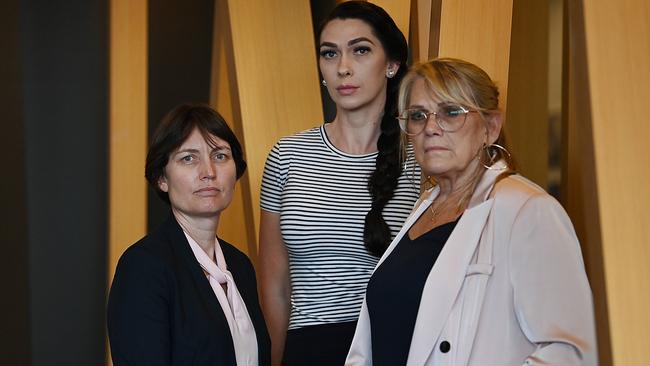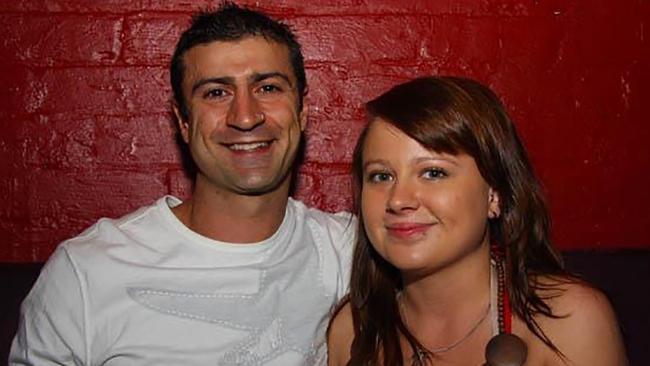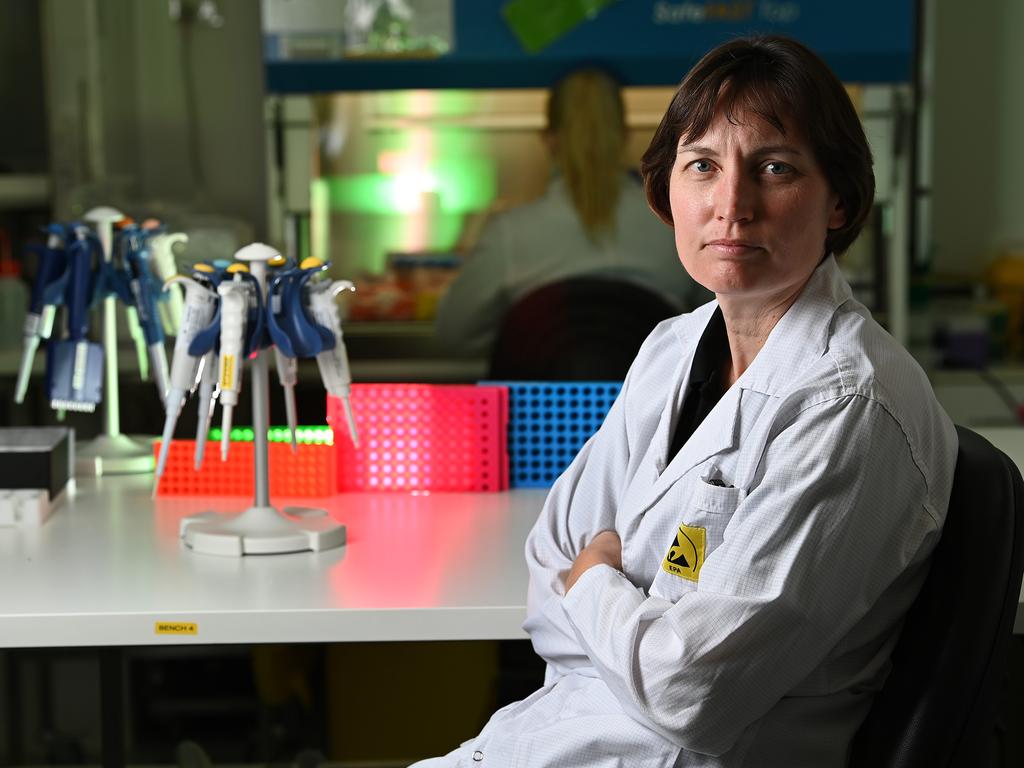Shandee’s Story: Hundreds of rapes reviewed after lab’s sex-crime failures
Police are reviewing hundreds of rape cases dating back to 2018 after problems with the state-run forensics laboratory were exposed in The Australian’s podcast Shandee’s Story.

Queensland police are reviewing hundreds of rape cases dating back to 2018 after problems with the state-run forensics laboratory were exposed in The Australian’s investigative podcast Shandee’s Story.
New data from the Queensland Police Service confirms the government’s laboratory has been refusing to test crime scene evidence that could generate DNA profiles to help investigators prosecute sex offenders.
The data reveals DNA profiles were found in two-thirds of samples from sex offence investigations that the forensics lab had initially claimed contained “insufficient DNA”.
Almost 600 crime scene samples were not tested by the lab in 2021 and were reported as having “insufficient DNA for further processing” because they did not meet Queensland’s unusually high threshold for testing.
Police asked for 47 of these samples to be tested anyway, and 31 of those returned usable DNA profiles. A police spokesman said an audit began in April of “all previous sexual assault cases back to the start of 2018 involving DNA evidence where a result was reported as ’insufficient DNA for further processing’ ”.
“From this review, there have been a number of samples identified for further processing which have already been resubmitted to Queensland Health,” he said. “This review is ongoing.”
The state government has ignored repeated calls from scientists, lawyers and victims for a broad, independent inquiry into systemic failures and errors identified in the lab.

Problems in the lab were first exposed in the Shandee’s Story series, which revealed samples were being declared as having no DNA because of Queensland’s very high threshold levels.
To progress to DNA profiling, the lab requires crime scene samples to have the equivalent of at least 22 cells to be fully tested, which is double the number of cells required in NSW.
Kirsty Wright, the former national head of Australia’s criminal DNA database, said rape cases would have gone unsolved in Queensland because of the lab’s failure to test for DNA in hundreds of cases.
“This is an absolute disaster, there are no other words for it,” Dr Wright said on Wednesday.
“From what we found in Shandee’s Story, this was happening back in 2013 and probably well before that. So how many cases could there have been information that should have been profiled, that should have been given to the police, that should have been relayed to the courts that wasn’t?”
In a submission to an independent inquiry into women’s safety, led by former Court of Appeal president Margaret McMurdo, the QPS revealed that the lab last year refused to test 583 samples from sexual assault cases.
The samples were not tested because they fell below the 22 cell threshold and the lab believed there was only a 1.86 per cent chance of finding new evidence.
The police review found the success rate of finding evidence below the threshold was as high as 66 per cent.
Dr Wright, a forensic biologist, applauded police for pushing scientists to test the 47 samples that the lab had deemed as having “insufficient DNA”.
“It demonstrates that police cannot trust the advice that is being given by Queensland Health scientists,” she said.
“It’s put the QPS in a terrible position and also, I think, denied so many victims justice. It really seems like the Queensland lab is trying to play God here, they are trying to determine what is meaningful evidence, and in reality it is only the judge and the courts that can determine that.”
Police asked the lab to review its DNA threshold in December last year, weeks after Dr Wright joined The Australian’s Hedley Thomas to expose alleged forensic failings in the Shandee Blackburn case.
The issues she has identified include the lab’s highly unusual failure to find any trace DNA of Shandee’s former boyfriend John Peros, the main police suspect in the murder, on the surfaces of his own dirty Toyota HiLux ute.
Shandee’s mother, Vicki Blackburn, said the new police data was “shocking”. “This information totally validates Kirsty’s findings,” she said. “Also it does seem to indicate an effort to provide misleading information to QPS to discourage requests for further testing. This is sickening.”
The Palaszczuk government last month ordered an internal review of the state’s forensic laboratory, but it will not evaluate its success rates in extracting DNA.
The review will not hold public hearings, have power to compel witnesses, or provide legal protections to whistleblowers.
A Queensland Health spokeswoman said DNA testing thresholds would be examined as part of the review. “It would be premature to comment until the review has been completed,” she said.
Dr Wright lodged a complaint about the lab with the state’s corruption watchdog in March, alleging it ignored serious concerns raised by internal and external scientists about the reliability of test results being presented to police and the courts.
She said the new police data was proof problems in the lab were “systemic”. “This has to be properly investigated,” she said.
The Women’s Legal Service Queensland also supports a review of the DNA thresholds to ensure that “the best forensic evidence is available”.





